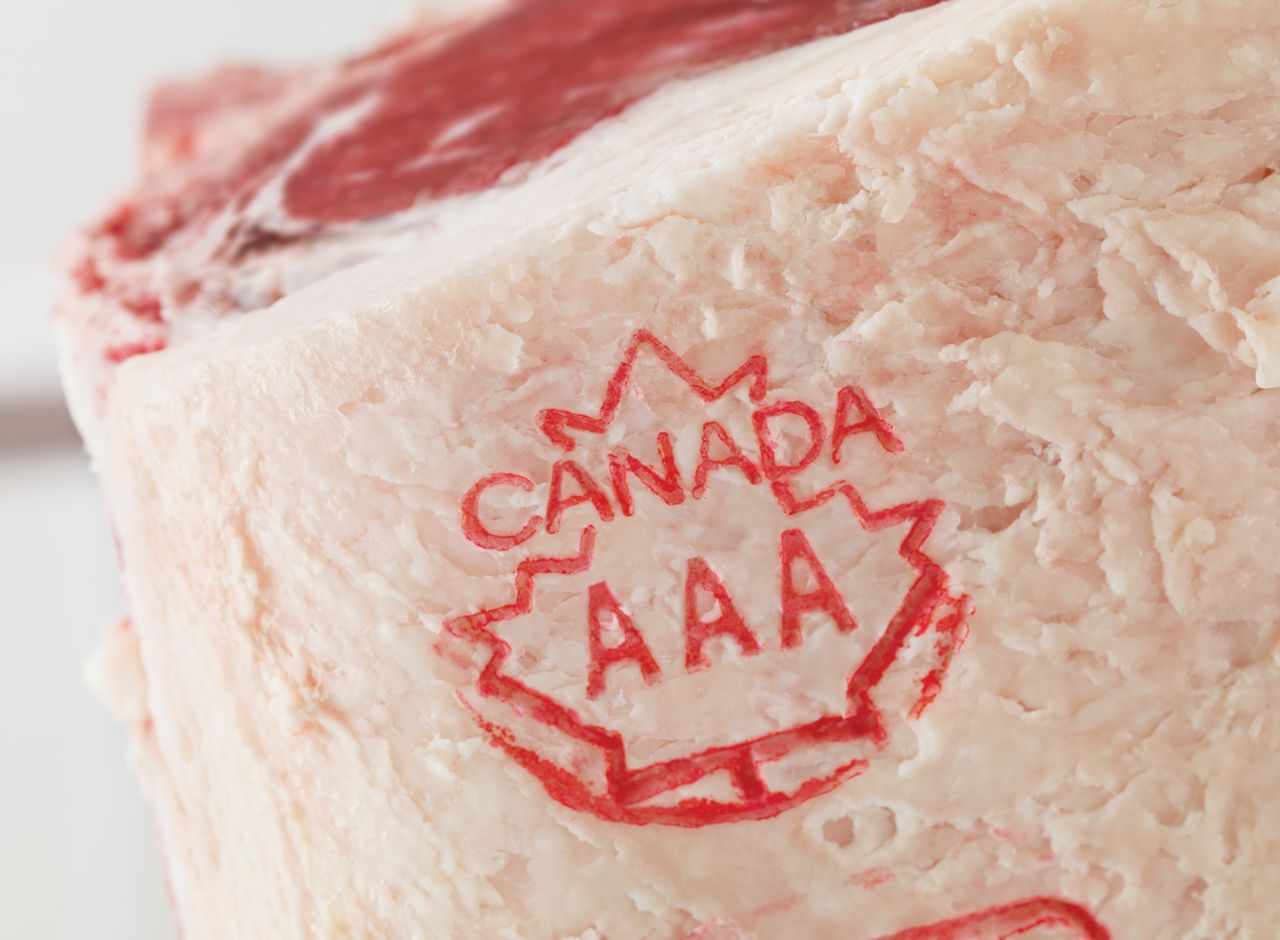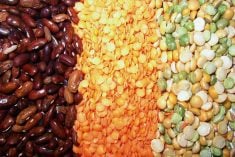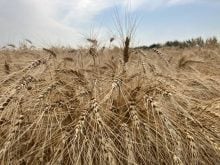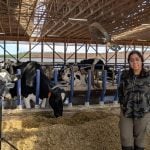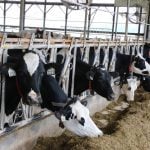Canadian beef and veal processed by approved plants from cattle under 30 months of age have the green light for immediate exports to South Korea.
Agriculture Minister Gerry Ritz and International Trade Minister Ed Fast announced Friday morning that Korea, which over a decade ago was the fourth-biggest foreign buyer of Canadian beef, has published its approval of import health requirements for the product.
Officials in Seoul have notified Ottawa that all certification conditions are in place, meaning exports can commence from the listed Canadian beef plants approved for export.
Read Also
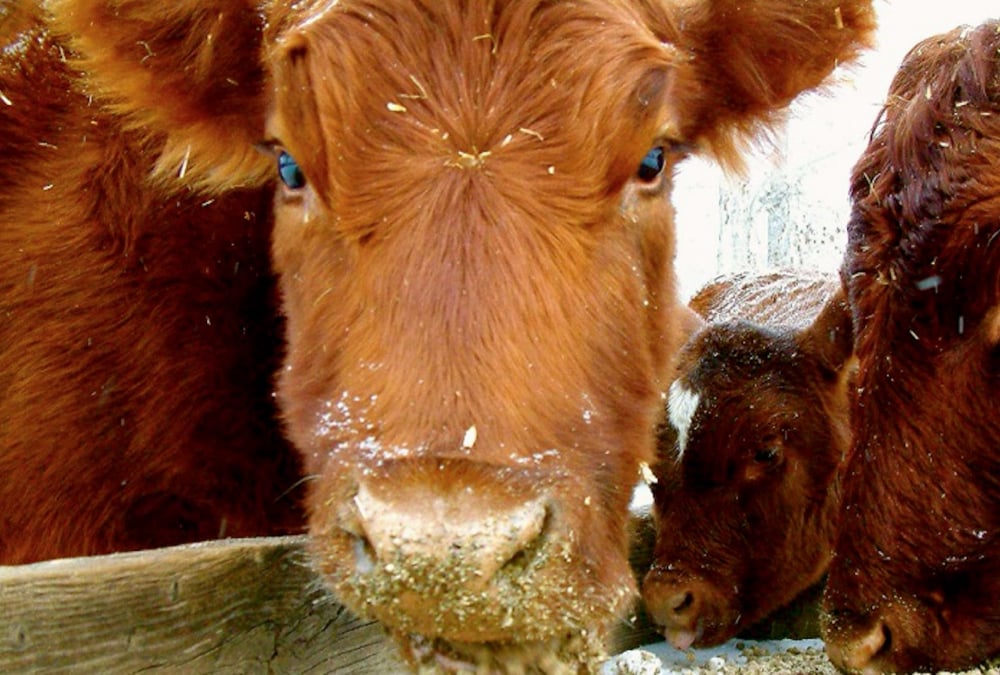
U.S. livestock: Live cattle correct higher
Live cattle futures on the Chicago Mercantile Exchange were stronger on Monday, taking back some of Friday’s losses amid ideas…
“With re-entry, we believe the Canadian industry is positioned to benefit from exports of 6,500 tonnes, worth about $30 million by 2015, with potential to grow to 14,000 tonnes worth $65 million by 2020,” Brad Wildeman, a Lanigan, Sask. feedlot operator and chairman of market development agency Canada Beef, said in a separate release Friday.
“While these are relatively modest figures compared to Canadian beef and veal trade with some other countries, it does provide additional sales opportunities for our high quality beef and veal and helps diversify our export customer base.”
Korean media broke the news Thursday, noting the government has been pressing for changes to its policies on food imports after an outbreak of foot-and-mouth disease, starting in late 2010, led to culls of about five per cent of Korea’s cattle herd and a third of its hog herd.
“Because we have maintained our marketing expertise in South Korea over these absent years, we are well positioned to implement our re-entry and growth strategy,” Canada Beef president Rob Meijer said Friday. “This allows us to quickly take advantage when the border is officially open for trade.”
South Korea, whose national assembly passed the import requirements late last month, is the final “significant” Asian market to lift its ban on Canadian beef, the government said.
Korea and several other nations shut their ports to Canadian beef and cattle in May 2003 after Canada confirmed its first domestic case of bovine spongiform encephalopathy (BSE) in an Alberta cow. Many of those markets, including the U.S., have long since reopened.
A draft framework to restore access was reached last June, after which Canada said it would suspend its 2009 challenge of Korea’s beef ban at the World Trade Organization, once the Korean domestic process was underway.
The case was originally expected to lead to a ruling from the WTO Dispute Settlement Body by April last year, but the DSB said in April it would need until the end of August at the latest to issue its report.
“Vital status”
The resumption of trade in beef products may also be encouraging for commodity groups pressing for resumption of free trade talks between Canada and South Korea, stalled since 2008.
Given that the U.S., European Union and Chile have all already negotiated bilateral trade deals with Korea, there could be “serious impacts” on Canadian competitiveness in the Korean meat market, which also includes a $300 million market for Canadian pork, the Canadian Meat Council said in a separate release Friday.
“The longer that Canada lags behind the U.S., the EU and Chile in the implementation of progressive tariff reductions, the greater the negative effect will be on Canadian exports to this important market,” CMC president Scott Entz said.
“Not only will Canada lose very quickly its vital status as a competitive supplier to South Korea, the Canadian disadvantage could endure throughout and even beyond the entire 15-year tariff reduction implementation period,” he said. “Now that the beef access technical issues have been resolved, we should move forward swiftly with the free trade agreement negotiations.”
Prime Minister Stephen Harper suggested as much in a separate statement Friday afternoon, saying the government “remains confident that this decision will also help create a favourable climate which will lead to a deeper trade relationship with South Korea.”


